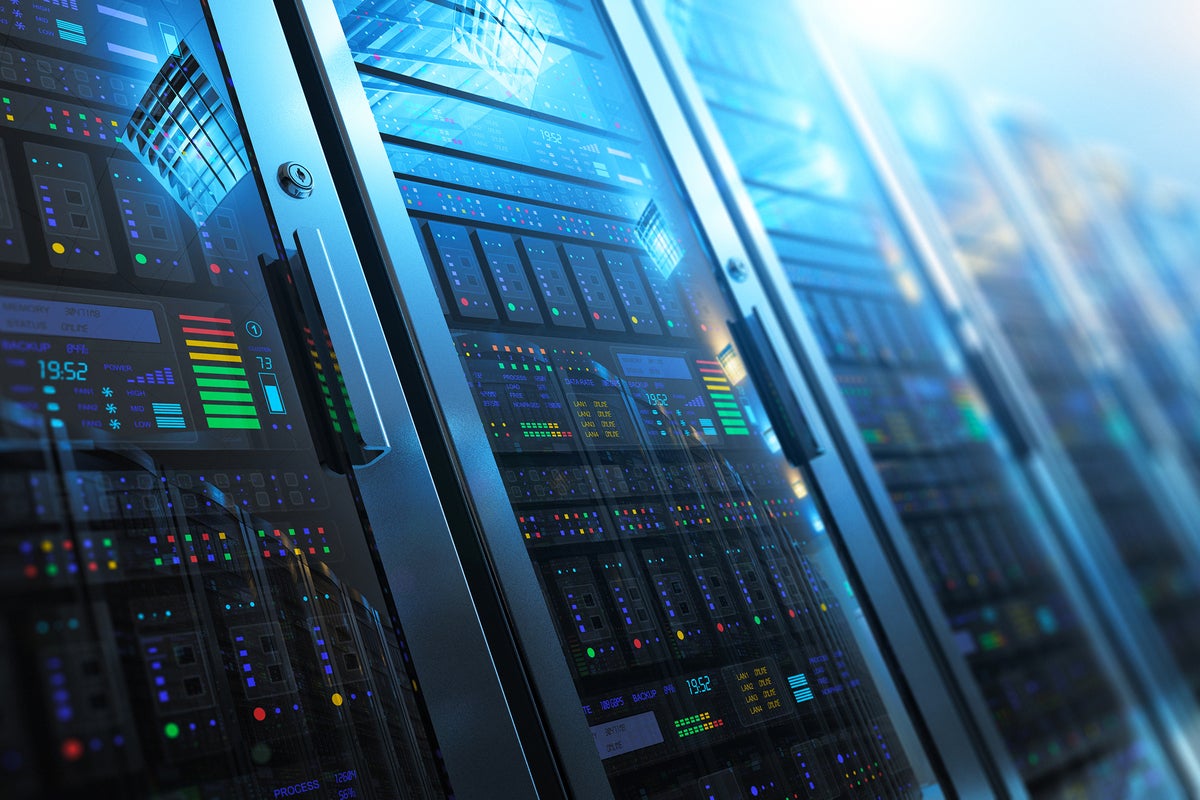- I recommend the Pixel 9 to most people looking to upgrade - especially while it's $250 off
- Google's viral research assistant just got its own app - here's how it can help you
- Sony will give you a free 55-inch 4K TV right now - but this is the last day to qualify
- I've used virtually every Linux distro, but this one has a fresh perspective
- The 7 gadgets I never travel without (and why they make such a big difference)
Data center capex on the rise despite cloud momentum

Global capital expenditure on data center infrastructure is set to grow by 10% over the next five years, to a total of $350 billion by 2026, in spite of the general move toward cloud in the enterprise, according to a report released earlier this month by Dell’Oro Group.
Part of that spending growth will be driven by hyperscalers like Google, Amazon and Microsoft buying up data center equipment for their own public clouds, but an underrecognized trend is that the cloud isn’t for every organization, according to the report’s author, research director Baron Fung.
“Some of the Fortune 500 companies, rather than completely going to the outsourced model, still find reasons to keep a lot of data in house,” he said.
For one thing, at particularly large scale, it can be more economical to keep data in-house rather than putting it in the cloud. For another, big businesses – particularly in heavily regulated industries – sometimes find it onerous to navigate compliance requirements involved in storing their data with a vendor, rather than in-house.
Moreover, the security aspect remains a hurdle for large companies, or, again, those that have to comply with stiff regulatory requirements, like healthcare and finance. It isn’t that the cloud is insecure, but there are sometimes “trust issues” in turning over important data to a third party, Fung noted.
“Security remains an issue in outsourcing to cloud, even though the cloud providers have very secure methods,” he said.
For other companies, growing the data center might remain the more attractive option because of the nature of the workloads involved – the media industry (movie studios and the like) and organizations working with scientific data might need to move terabytes of data around quickly, and there are tradeoffs involved even with the most robust cloud deployment.
“When you’re working with vast amounts of data … it makes sense to keep that locally – from the cloud, there could be a delay moving things back and forth,” he said.
Finally, there’s an understandable amount of organizational inertia at some companies that weighs against a large-scale move to cloud. Changing architectures isn’t something that can be done overnight.
“To move to the cloud, you need to retool your IT and move to different stacks,” noted Fung.
Beyond cloud hesitance, data center capex is being driven in part by the increasing prominence of AI/ML systems, according to Fung. Whether used for systems maintenance purposes – detecting and fixing network problems automatically, for example – or some operational use, the need for compute resources to drive AI/ML is pushing demand for servers.
“Servers are the biggest part [of growing demand],” he said. “Anything that’s processing-intensive.”
Copyright © 2022 IDG Communications, Inc.

